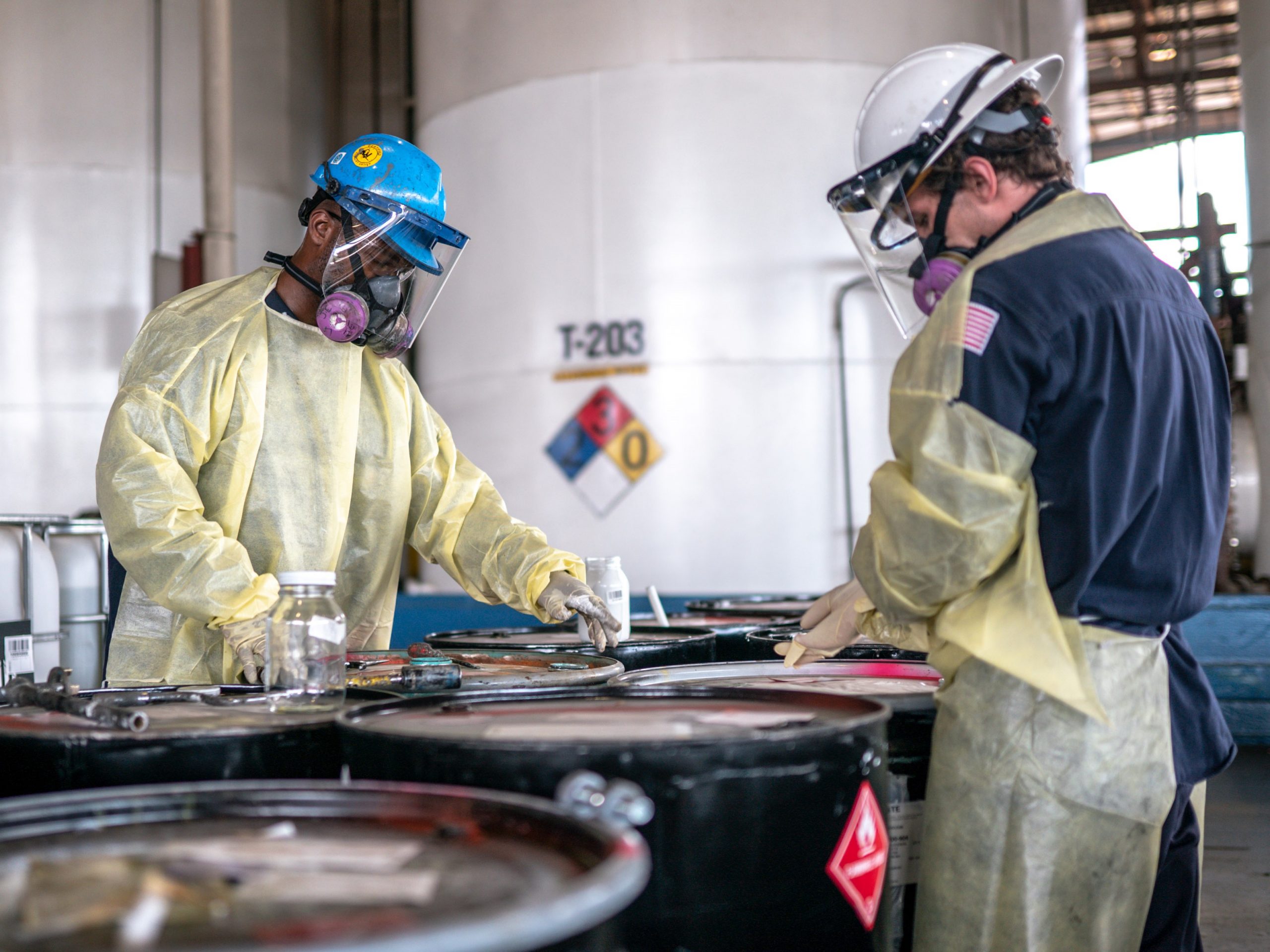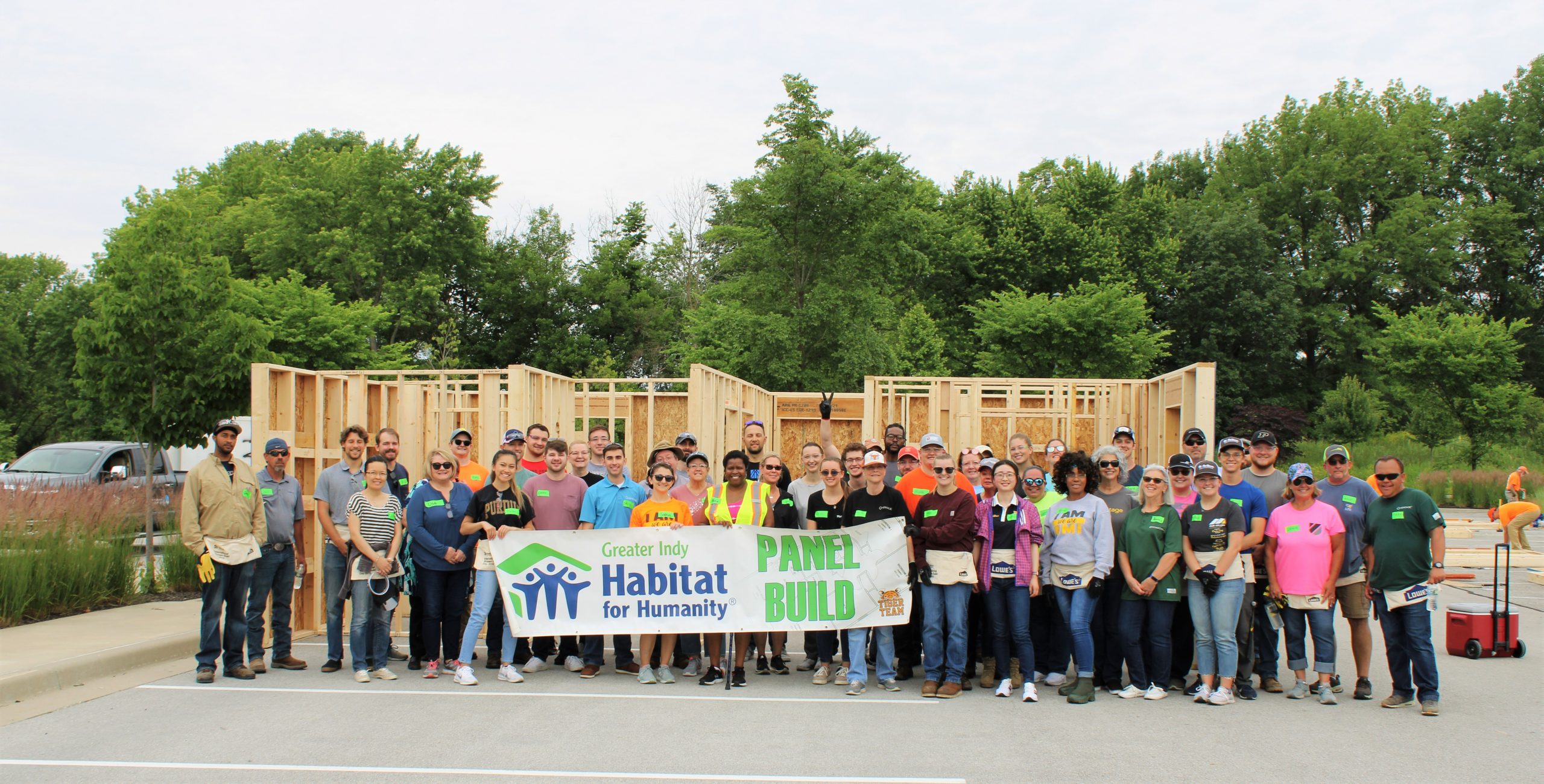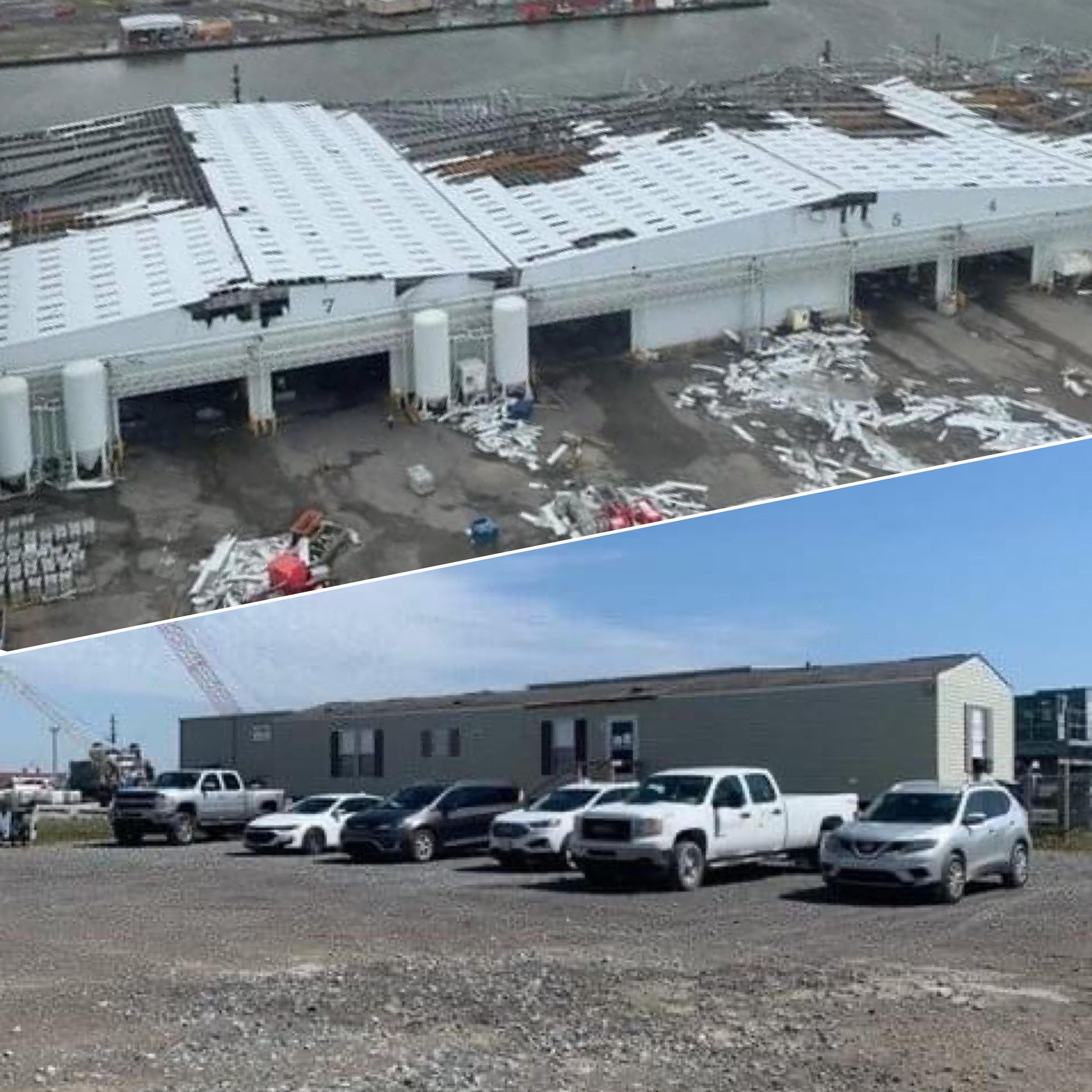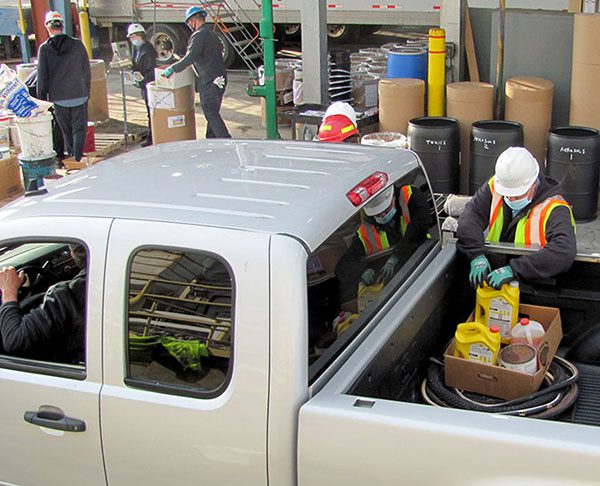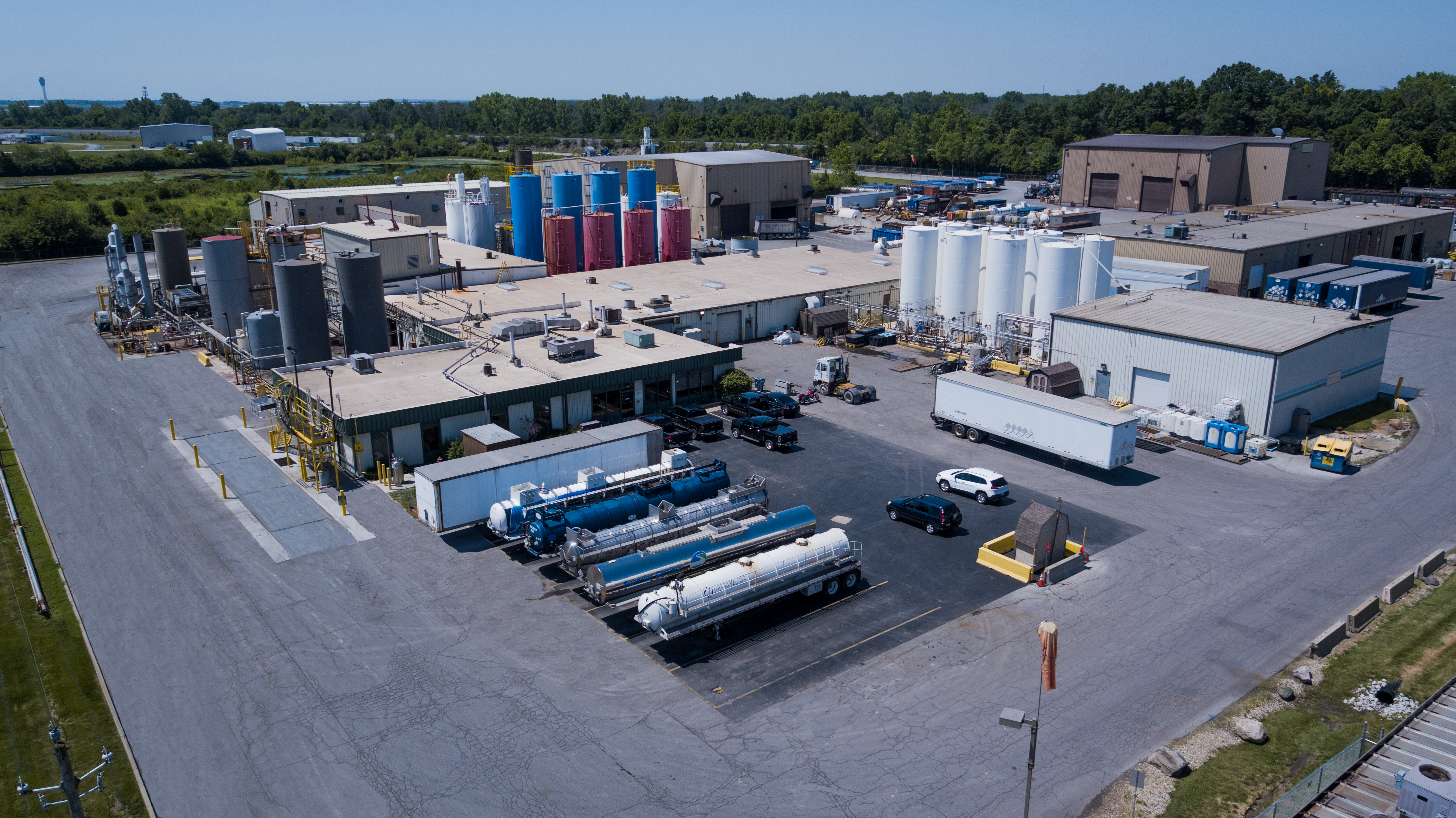
With workplace safety rightfully being in the spotlight in modern industry, many have adopted the philosophy that a reliable plant is a safe plant. Considering reliability means that everything is working as expected and therefore any dangerous variables can be minimized (if not eliminated altogether), I think you would agree that safety is directly linked to a guarantee of performance. To give a specific definition, reliability is “the quality of being trustworthy or of performing consistently well.” It doesn’t matter what industry you are in, equipment reliability is crucial to your success. That doesn’t mean you never have downtime — it means you have less downtime and can hopefully can plan for unexpected breakdowns.
Plant maintenance and reliability are directly tied to the safe operation of facilities, especially if you are operating a facility that falls under process safety management (PSM) regulations. Heritage Environmental Services’ goal is to have well-trained and equipped maintenance personnel prepared to keep all our equipment functioning at acceptable levels at all times. If you work in a company that operates 24/7/365, it is even more important to ensure you have a good program in place. Nights, weekends and holidays add more stress to facilities’ operational capabilities. Reliability is critical during these times due to the availability of plant maintenance personnel. Even getting parts to fix the problem will be more difficult if you don’t have them in stock.
Routine preventive maintenance should be scheduled during downtime to ensure reliable operation is optimized. If you are making, packaging or preparing a product for transport, ensuring your equipment is operating efficiently and safely is crucial. If you can’t depend on your equipment across the entire workflow, you put your business and potentially your employees at risk.
Over the course of my career, I have encountered different philosophies about maintenance and reliability. Being a safety professional, the philosophy I like the least is the idea of “running to failure.” This often involves minimal downtime with no preventive maintenance, allowing the equipment to break down or reach the end of life before being fixed or replaced. From a safety standpoint, this is quite concerning, as it can often lead to catastrophic failure of the equipment and potentially other equipment located nearby — not to mention the safety risk the workers would face. These incidents can lead to unexpected downtime and will often take longer than if routine maintenance had been performed on a schedule.
When done right, plant maintenance and reliability becomes an asset to your business. Implementing the proper systems to ensure equipment operates safely is necessary for your success. Such reliability serves not only to preserve the lifespan of equipment, but also helps make certain that everyone gets home safe at the end of their shift.

Written by Jim Mangas, VP of Health & Safety
Check out the original publication in the 2022 July/August Edition of BIC Magazine: https://bic.mydigitalpublication.com/jul-aug-2022-edition/page-20
More News From Heritage
-
Blogs 7/28/22
Spotlighting Our Environmental Interns
Highlighting some of the wonderful interns we have at Heritage this year!
-
Blogs 7/11/22
Turning Hazardous Waste into an Alternative Fuel
In this blog we walk you through the process of fuel blending, where we can turn hazardous waste materials into a viable alternative fuel source.
-
Community News 6/15/22
2022 Habitat for Humanity Build
Our 12th annual Habitat for Humanity Build
-
Blogs 4/13/22
After Hurricane Ida, Our Port Fourchon Office Rebuilds
On August 28th, 2021, the Louisiana coast was battered by Hurricane Ida. This included our Port Fourchon Service Center, where the devastating hurrica
-
Community News 4/7/22
Heritage readies for Earth Day HHW collection in East Liverpool
Heritage Thermal Services is pleased to announce that its collection of household hazardous wastes for the East Liverpool area returns for 2022.
-
Published Articles 4/2/22
The Impact of Changing Conditions
VP of Health and Safety Jim Mangas discusses preparedness for unexpected conditions during a project. (featured in BIC Magazine March/April '22)
-
Blogs 3/11/22
International Women’s Week Spotlight – Rachel McGrogan
Rachel McGrogan speaks about her time as a Lab Chemist at Heritage.
-
Blogs 3/10/22
International Women’s Week Spotlight – Karrie Humphries
Karrie Humphries speaks about her time as an Office Manager at Heritage.

